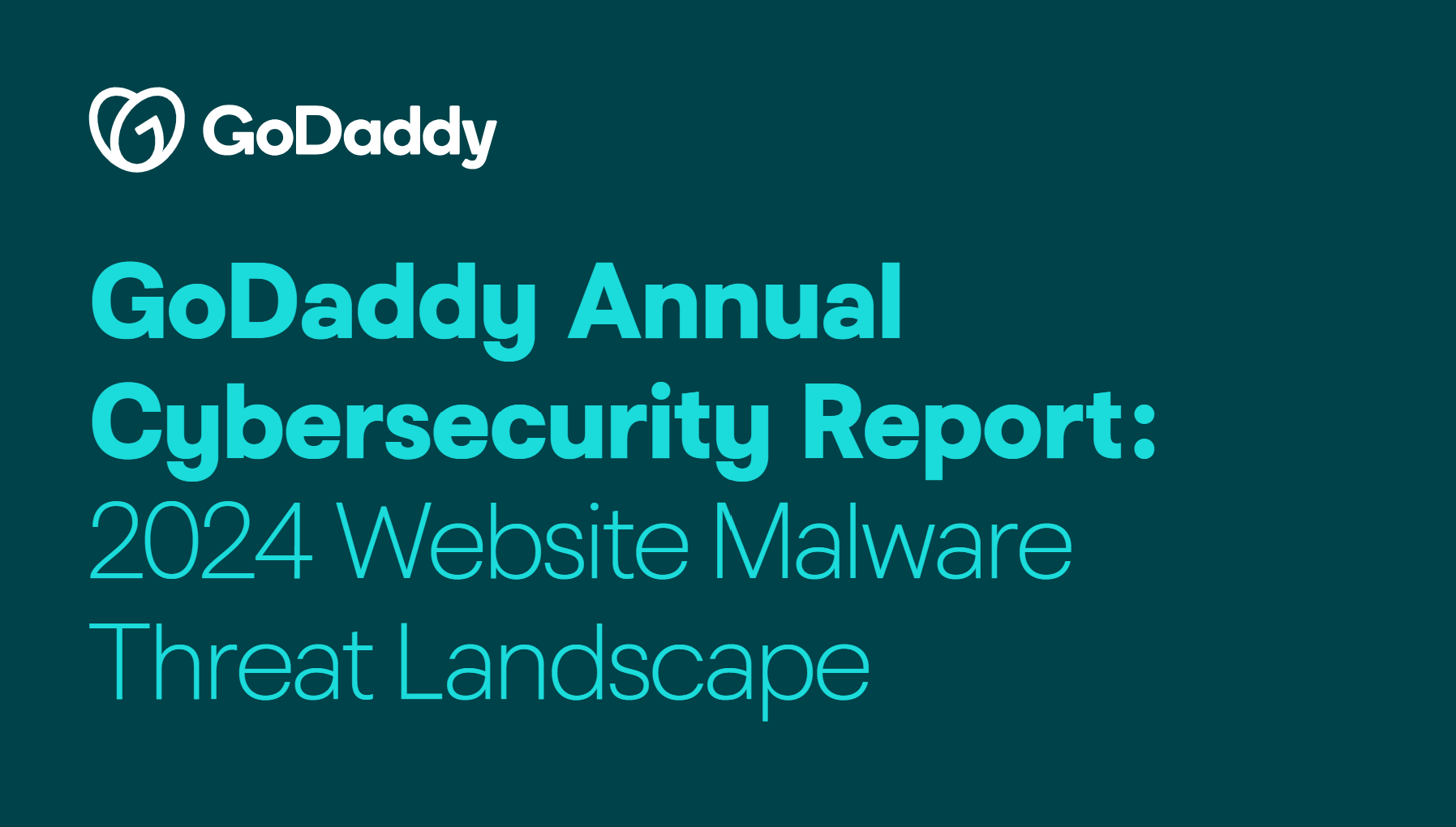Choosing the right eCommerce hosting plan is not a decision to be taken lightly. A solid hosting solution ensures your customers have a seamless shopping experience and your online store won’t be a victim of its own success with performance slowdowns — and disappointed customers.
As noted by KissMetrics, almost 50 percent of web users expect to wait no more than two seconds for a website to load, and if it takes three seconds, they will completely abandon the site. According to the same research, almost 80 percent of online shoppers who feel the website has poor performance say they won’t visit the site again to make a purchase, and approximately 44 percent would share their bad shopping experience with friends.
So how do you make the right eCommerce hosting decision from the start?

There are a number of factors that you need to consider when evaluating which solution is best for you.
9 eCommerce hosting plan factors to consider
-
Support for your eCommerce and CMS software.
-
Control over your software.
-
Database capabilities.
-
Support for high database requests.
-
Performance to handle high traffic.
-
Performance to support a high order volume.
-
Security of customer information.
-
Level of administrative complexity.
-
Access to view error and log files.
Let’s look at these top nine eCommerce hosting plan considerations in more detail.
1. Support for your eCommerce and CMS software
There is a wide selection of eCommerce and CMS software available: Magento, OpenCart, OsCommerce, ZenCart, BigCommerce, PrestaShop, WooCommerce and DrupalCommerce — just to name a few.
The software and hosting you choose must be able to support your growing needs, as switching from one to another is costly because it involves additional migration complexity, expenses and inevitable impacts on your customer experience.
Before settling on software, investigate each one in detail:
- What’s the average overhead cost for an eCommerce site?
- What add-ons will you need to purchase to build the store you want?
- Is there a demo you can play with to determine if you like (or dislike) the admin interface?
- How are the user reviews?
Recommendation: Check the server requirements of your chosen software to find out what to look for in a hosting plan so that you don’t run into compatibility issues down the road.
2. Control over your software (e.g., WordPress, PHP, MySQL)
An eCommerce website is more advanced than a simple informational website. For example, you’ll need more control over software updates so that your site doesn’t run into compatibility issues. You also may need multiple MySQL databases — something that a managed WordPress hosting plan won’t allow.
Additionally, it’s possible you will need to install a plugin that is restricted/blocklisted on managed WordPress hosting. And you may need access to manage and edit files directly in the browser — again, something that a managed WordPress hosting plan isn’t designed for.
Recommendation: Look for an eCommerce hosting plan that doesn’t limit your ability to customize the software you’re running. As mentioned, managed WordPress hosting plans are great for most WordPress sites, but you may need more control for an eCommerce store.
3. Database capabilities of an eCommerce hosting plan
Databases are at the heart of an eCommerce website. It’s where all your product details are stored. That being said, database support is one thing you should consider when choosing an eCommerce hosting plan. When evaluating potential options, look for details about supported databases (to make sure it’s compatible with the software you want to use) and database limits.
Recommendation: To ensure you don’t run into any performance issues or resource limits, you should understand the expected number of files and size of your database before selecting a host.
4. Support for high database requests
Thousands of customers will browse and search for products at the same time, putting a lot of strain on the product database. You need a hosting plan that will instantly respond to those requests. Look at the technical specs of the plans you’re evaluating to determine if they’re capable of meeting your site’s requirements.
Recommendation: Choose an eCommerce hosting plan that has high processing power and an optimized concurrent database connection limit.
5. Performance to handle high traffic
You have to make sure your hosting plan is capable of handling increased traffic that comes with the growth of your online store. If you’re using basic shared hosting, you might become a victim of the “bad neighbor effect.” This happens when websites with high traffic consume a lot of resources and impact other websites using the same shared resources.
Recommendation: When you’re evaluating potential eCommerce hosting plans, select one that provides an isolated environment with dedicated resources. This also ensures greater privacy and security for your customer data.
6. Performance to support a high order volume
During peak shopping periods, thousands of orders may come through your eCommerce store at the same time. Your hosting plan should be capable of handling this demand. Unlike shared hosting, an isolated environment with dedicated resources will be able to handle this. When evaluating eCommerce hosting plans, look for clarification between their shared and dedicated resources.
Recommendation: Look for a plan with dedicated memory (at least 2GB RAM), storage (at least 100GB) and CPU allocation.
7. Security of customer information
eCommerce is a customer-driven business, so protecting buyer information is critical. Ensure your hosting plan offers SSL (Secure Socket Layer) by default. SSL, in combination with HTTPS, protects the information that flows from the customer’s browser to a website. In the case of eCommerce, this is important for pages where credit card numbers, account details and other personal information may be present.
Learn how Google has upped the ante on website security with the “Not Secure” warning.
Recommendation: Invest in an extended validation (EV) SSL certificate. These certificates require additional verification to confirm the identity of your business, adding another level of security, credibility and trust to your eCommerce store.
8. Level of administrative complexity
A growing eCommerce business usually leads to more hosting complexity. This additional burden of server management and administration consumes time, money and other resources that inevitably impact your productivity.
When evaluating hosting plans, look at how you’re expected to manage it.
Are you given an easy-to-use visual interface? A complicated set of option screens? Or is it a terminal with a command line?
Recommendation: Keep the focus on your business by choosing an eCommerce hosting plan that offers an intuitive control panel, e.g., cPanel, so you’re not wasting your time and resources on learning how to be a server administrator.
9. Access to view error and log files
Bad things happen sometimes. If your eCommerce website runs into issues, you or your web developer should be able to access error and log files to quickly investigate and debug the problem.
Recommendation: A modern control panel, such as cPanel, gives you quick access to these files so that you can identify problems with your hosting.
Final thoughts
An eCommerce website is usually more complex to build and manage than a typical website. By choosing a hosting plan that offers a combination of dedicated resources with simple administration, dependable security and the ability to support growth, you can build an online store that exceeds customer expectations.
We had all of this in mind when we created GoDaddy Web Hosting Plus. It combines the dedicated resources and power of a VPS hosting plan with the easy-to-use features of a shared hosting plan, and we think it’s perfect for eCommerce websites. Explore the benefits of GoDaddy’s Web Hosting Plus and try it out for yourself.










